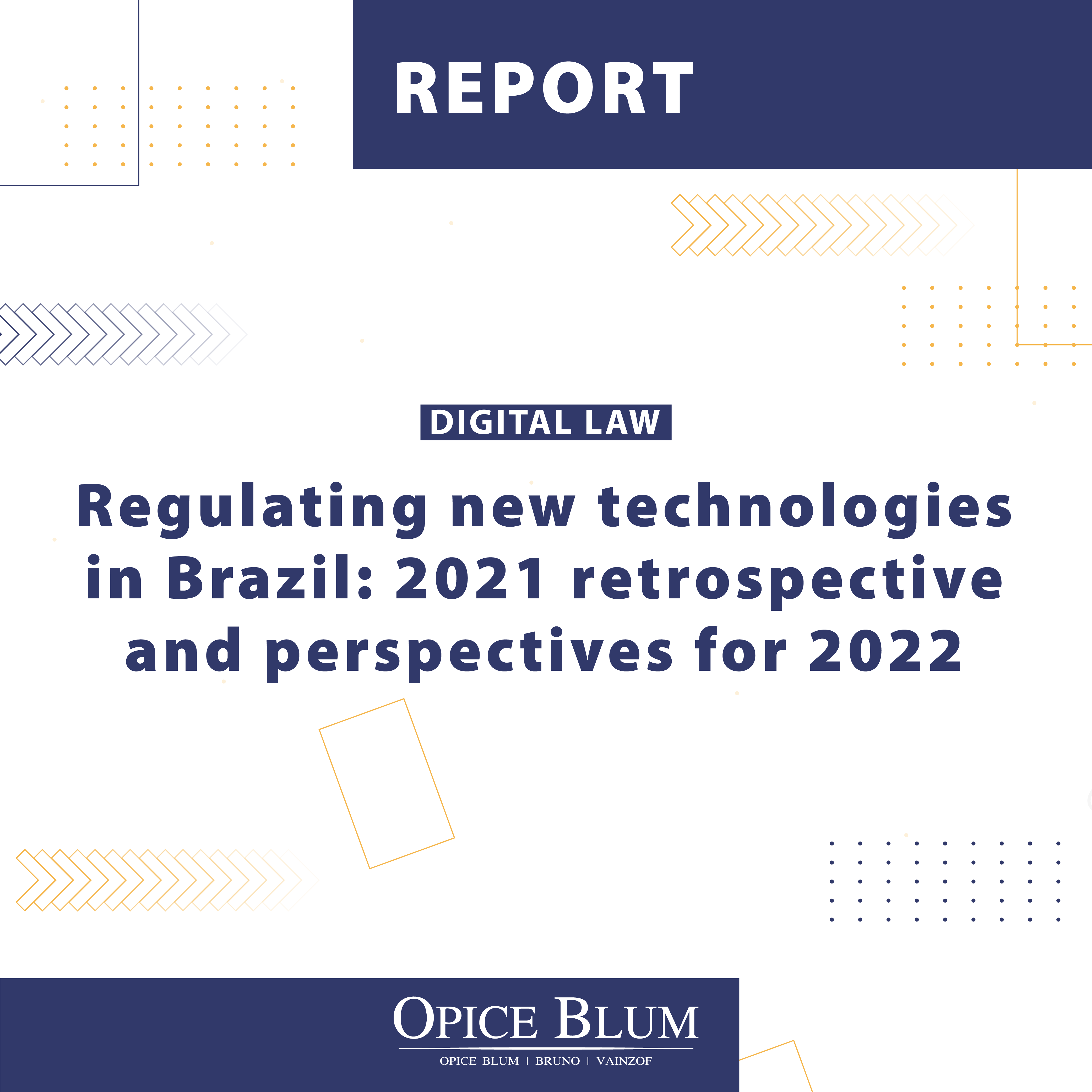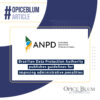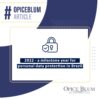2021 was a busy year when it comes to the regulation of new technologies in Brazil. We have seen several breakthroughs in efforts to regulate significant matters, such as data protection, artificial intelligence and disinformation, and major advances are expected in 2022. Here are some topics which are worth keeping an eye on.
In the Legislative sphere, among many highlights, we had: (i) the definition of the Brazilian Artificial Intelligence Strategy (EBIA) and approval of the substitute text to Draft Bill No. 21 of 2020 by the Chamber of Deputies, whose goal is to create the Legal Framework for AI in Brazil; (ii) approval of Complementary Law No. 182 of 2021, which created a Legal Framework for Startups; (iii) approval of Constitutional Amendment No. 17 of 2019 by the National Congress, recognizing the protection of personal data as a fundamental right; and (iv) sanction of Law No. 14,155 of 2021, which amended the Penal Code to make the penalty for cybercrime more rigorous.
In addition, we had a positive year for digital law and data protection with, for instance, the worldwide boom of NFTs (Non-Fungible Tokens) and the commencement of the regulatory agenda of the National Data Protection Authority (ANPD).
Technology is also being increasingly used to improve Brazil’s financial system, and this was evident in 2021. It is the basis of Open Banking, launched in February of this year, and Open Insurance, which in the future will come together to form the so-called Open Finance system.
Following the significant growth of the cryptoasset market over the past few years, several challenges have been faced by legislators and regulators on a global scale. In the Brazilian scenario, for a few years now, bills to regulate the cryptoasset market have been debated in the National Congress, aiming to bring legal certainty to the organizations that operate in the market as well as to investors.
Finally, we had the STF (Supreme Federal Court) deciding that the right to forget is incompatible with the Federal Constitution.
For 2022, the prospects are equally positive, with the sanction of the Draft Bill No. 2,630 of 2020, known as the Fake News Bill, and the implementation of the agreement signed between ANPD and the Brazilian Superior Electoral Court (TST). Another great expectation is the setting of the Bug Bounty Program in Brazil.
In the field of M&A, there is a prospect of growth, among other sectors, in startups and innovation. Artificial Intelligence, one of the most discussed subjects in the technology sector in 2021, should remain on the rise next year, with expectations for the entry into force of the AI Policy of the European Union.
Initiated in 2021, the ANPD regulatory agenda and the implementation of Open Finance will also continue next year, as well as Brazil’s participation in the Budapest Convention on Cybercrime, which was enacted in the form of Legislative Decree No. 37. Finally, the projections for the e-gaming market in the country are excellent, with growth prospects of 16% and an expected revenue of approximately US$ 53 billion in 2022.
We have prepared this guide to present relevant themes discussed in 2021 that deserve to be remembered. We also bring some comments about topics that will impact the year of 2022 and should be followed closely.
2021 RETROSPECTIVE
DEFINITION OF THE BRAZILIAN ARTIFICIAL INTELLIGENCE STRATEGY (EBIA) AND APPROVAL OF THE SUBSTITUTE TEXT TO DRAFT BILL NO. 21 OF 2020 BY THE CHAMBER OF DEPUTIES
The Chamber of Deputies approved, on September 29, by 413 votes in favor and 15 against, a substitute to the Draft Bill No. 21 of 2020, which regulates the development and application of Artificial Intelligence in Brazil. It still needs to be analyzed by the Federal Senate.
The bill determines that the assigned agencies will be in charge of monitoring the risk management of AI systems, in addition to establishing rights, duties, and responsibilities, as well as recognizing self-regulatory institutions.
It is worth saying that the discussion about the need for AI regulation in Brazil arose earlier, leading, in April, to the publication of the Brazilian Strategy for Artificial Intelligence (EBIA), which was the result of the work of a consulting firm specialized in AI hired by the MCTI (Ministry of Science, Technology, and Innovations), as well as the public consultation held between December 2019 and March 2020. The EBIA guides the State’s actions regarding the strengthening of research on Artificial Intelligence, in addition to ensuring innovation in the productive and social environment in the field.
LAUNCHING OPEN FINANCE AND IMPLEMENTATION OF OPEN BANKING AND OPEN INSURANCE STAGES
In Brazil, Open Finance is being implemented on two main fronts: Open Banking and Open Insurance.
The first stage of Open Banking began in February 2021 and allows the sharing of information about products, services, service channels, and location of offices. Stage two, implemented in August, had as its main premise the increased security and protection of customer data. At the end of October, the third stage of Open Banking came into effect. In this stage, financial institutions were authorized to share information about transfer services via Pix, an instant payment system in effect since the end of 2020. The fourth stage of Open Banking provides for the exchange of information on foreign exchange, investment, pension, and insurance services. The remaining stages will be implemented in the first half of 2022.
Open Insurance, in turn, follows the same logic of Open Banking, being constituted by a set of guidelines to allow openness in the insurance market. It consists in the possibility of consumers of insurance, pension plans and capitalization products and services to allow the sharing of their information among different authorized companies, in a safe, agile and convenient way. Like Open Banking, Open Insurance will be implemented in a timetable divided into stages, each of which can be executed in steps, according to the schedule of the Superintendence of Private Insurance (Susep).
THE RIGHT TO BE FORGOTTEN AND THE FEDERAL CONSTITUTION
On February 11, 2021, the STF (Federal Supreme Court) concluded, by majority decision, that the right to be forgotten is incompatible with the Federal Constitution. Thus, due to the passage of time, the disclosure of true facts or data in the media cannot be prevented.
According to the decision, any excesses or abuses in the exercise of freedom of speech and information should be analyzed on a case-by-case basis, according to constitutional parameters and criminal and civil legislation.
APPROVAL OF THE SUPPLEMENTARY LAW NO 182 of 2021 – STARTUPS BILL
After three years of debate, Draft Bill No. 146 of 2019 was sanctioned on June 2, giving way to Supplementary Law No. 182 of 2021, also known as the Legal Framework for Startups (MLS). Among the main positive aspects of the MLS are:
- corporate updates and more flexible arrangements, allowing the choice of more interesting corporate structures to receive investments and to define governance rules that fit the strategic planning of the startup and its founding partners;
- the possibility of regulatory obligations imposed on some companies to invest in research and development and innovation being realized through investments in startups;
- the creation of specific bidding rules for contracting innovation services by the Public Administration; and
- the provision of the Regulatory Sandbox for startups.
ADMINISTRATIVE SANCTIONS AND HIGHLIGHTS OF THE REGULATORY AGENDA OF THE NATIONAL DATA PROTECTION AUTHORITY (ANPD)
The year 2021 was very positive when it comes to the National Data Protection Authority, which has been active since November 2020. On August 1, the administrative sanctions provided for in article 52 of the LGPD (General Law on Data Protection), of exclusive competence of the ANPD, came into force. The sanctions range from warnings to fines and even partial or total prohibition of the exercise of data processing activities.
Still within the scope of the National Data Protection Authority, other developments in the body’s regulatory agenda marked the year 2021. The authority has defined its main strategic objectives, which are:
- Promote the strengthening of the culture of personal data protection;
- Establish an effective regulatory environment for the protection of personal data; and
- Improve the conditions for the fulfillment of legal responsibilities.
THE NFT MARKET
A special committee of the House of Representatives approved on December 8 the Draft Bill No. 2,303 of 2015, which regulates the operation of cryptoassets services providers, such as brokerage companies, which can only operate in the country with prior registration before the Federal Government. According to the text, the federal government may even require authorization for such service providers to operate in the country – and not just their mere registration.
The Draft Bill establishes as market guidelines principles such as good governance practices and a risk-based approach; information security and personal data protection; and consumer and user protection and defense; in addition to the prevention of money laundering, terrorist financing, and the financing of proliferation of weapons of mass destruction, in alignment with international standards.
Regarding specifically the issuance of blockchain tokens, the Central Bank of Brazil announced, also recently, that it will authorize the issuance of blockchain tokens within the national financial system. The authorization will occur within the regulatory sandbox of the Central Bank and will be destined to Brasil OTC, one of the companies selected by the regulator to develop its project in the regulated environment.
In the case of Brasil OTC, the company uses blockchain to tokenize private debt securities and thereby acts as a register and settler of transactions for the purchase and sale of tokenized assets. Unlike national cryptocurrency companies that use the Ethereum (ETH) blockchain to issue their asset-backed tokens, Brasil OTC will use the R3 consortium’s blockchain, Corda.
It is also worth mentioning that the regulatory Sandbox of the Central Bank of Brazil was initially announced in 2019 and is an environment in which institutions are authorized by the Central Bank to test, for a certain period, innovative projects in the financial or payments area, observing a specific set of regulatory provisions that support the controlled and delimited performance of their activities.
According to the Central Bank, the objective of the Sandbox is to stimulate innovation and the diversity of business models, to foster competition among suppliers of financial products and services and to meet the diverse needs of users.
APPROVAL OF CONSTITUTIONAL AMENDMENT NO. 17 OF 2019 IN THE CONGRESS, RECOGNIZING DATA PROTECTION AS A FUNDAMENTAL RIGHT
The fundamental right to data protection was recently recognized with the approval of the Proposal for Amendment to the Constitution (PEC) No. 17 of 2019, by the National Congress, on October 19. The amendment also assigns privately to the Union the function of legislating on the subject. The session for the enactment of the Proposal is still awaited.
CYBER ATTACKS AND THE LAW NO. 14,155 OF 2021
In 2021, one of the cybercrimes that most victimized companies in Brazil was the ransomware attack, which is a form of malware that encrypts the victim’s files so that they cannot be accessed.
In Brazil, after Law No. 14,155 of 21 came into effect in May of this year, the courts have been receiving an increasing number of cases involving crimes of computer device violation, theft and fraud committed electronically or on the Internet.
CRYPTOASSETS IN THE CONGRESS
Only in 2021, three draft bills were presented before the Senate and the Chamber of Deputies, houses which make up the National Congress.
Draft Bill No. 3,706, presented to the Senate, criminalizes the formation of financial pyramids and the intermediation or trading of crypto-activities for the purpose of committing crimes. The penalty is imprisonment from 4 to 8 years and a fine for the crimes of financial pyramiding and fraudulent management of cryptoasset exchanges.
Also presented to the Senate, Draft Bill No. 3,876 provides for civil liability with respect to cryptocurrency investments. Among its provisions, we have that cryptocurrency investment companies that fail to credit or prevent withdrawal or make movements without the holder’s authorization must refund the amount and compensate the holder.
Finally, Draft Bill No. 3,908, presented to the Chamber of Deputies, establishes that part of the worker’s remuneration can, optionally, be paid by means of cryptocurrencies. The limits of the percentage of payment in cryptocurrencies would be of the worker’s choice, and no imposition by the employer would be allowed.
PERSPECTIVES FOR 2022
APPROVAL OF BRAZIL’S PARTICIPATION IN THE BUDAPEST CONVENTION
On December 23, the Budapest Convention on Cybercrime was enacted in the form of Legislative Decree No. 37. Prior to this, on December 15, the Senate plenary had already approved Brazil’s accession to the international treaty. Brazil’s participation in the Convention had also been considered by the Chamber of Deputies, with approval on October 6th of this year.
This means that, as a State Party, Brazil will have to cooperate with the elaboration of penal laws to typify this type of crime.
BUG BOUNTY PROGRAM IN BRAZIL
Little known in Brazil, the Bug Bounty Program scenario in Brazil is expected to grow in the coming years. The first Brazilian bug bounty platform was launched in 2020 and already counts on the participation of more than 1.5 thousand information security specialists, besides offering rewards that add up to R$ 8,000 per flaw identified.
UPDATE ON BRAZIL’S FAKE NEWS BILL
After being approved in the Federal Senate, Draft Bill 2,630 of 2020, known as the Fake News Law, remained more than a year without any movement in the House of Representatives. In late October, however, a substitute text was presented in the House, which proposed some significant changes, such as those related to media buying and advertising. The proposed changes include:
- elimination of the article determining that private messaging services must keep the records of messages sent in mass delivery for three months, safeguarding the privacy of the content;
- elimination of the article that prohibits the use and commercialization of external tools to private messaging service providers that enable the mass forwarding of messages, except for the use of standardized technological protocols for the interaction of internet applications;
- amendments related to content moderation;
- elimination of the article that enables social network providers to require a valid identity document from advertisers and those responsible for accounts that boost content; and
- the creation of a criminal type to combat the actions of robots in automated accounts.
Despite the approval of the substitute, the president of the Chamber of Deputies, Arthur Lira, has already declared that the House will vote on the text in early 2022. The deputy considers that there is enough maturity for the discussion of the Draft Bill in the House.
CHALLENGES AND TRENDS FOR M&A IN POST-PANDEMIC BRAZIL
With the reduction of Covid-19 cases in Brazil and in the world, it is already possible to talk about an improvement in the economy and the maintenance of the growth of mergers and acquisitions projects for 2022. Even in the turbulent year of 2021, these operations generated about 2.2 thousand agreements between January and November, totaling R$ 467.9 billion in the country. This represents a 51% increase in transaction volume compared to the same period in 2020, according to a survey by the Transactional Track Record (TTR) consultancy. The sector of greatest interest remains the technology sector, registering a 68% increase compared to last year.
Brazilian giants have intensified their Open Innovation activities (involving startups), especially Corporate Venture Capital operations. The annual number of this type of relationship more than tripled from 2019 to 2021 and, according to the panorama released by 100 Open Startups, there was not only an increase in the volume of contracts signed, but also in the relevance and intensity of the deals transacted.
With the heated scenario this year, the expectation is that 2022 will remain booming for M&A in Brazil, with growth also expected in the startups and innovation sector. According to the 23rd edition of EY’s Global Capital Confidence Barometer, mergers and acquisitions are the option for 49% of Brazilian companies in the next 12 months, as a way to accelerate post-pandemic growth.
In light of this, 63% of companies are planning a portfolio review strategy, with a focus on investing in customer-centric digital capabilities and technology. And in this context, startups are not only the target of purchases, but are also emerging as major buyers. For 2022, M&A between startups is expected.
ANPD’S REGULATORY AGENDA FOR 2022
In early 2021, the National Data Protection Authority announced its regulatory agenda until 2023, with regulations for next year concerning international transfers of personal data, data protection officer definitions, developing and clarifying legal hypotheses for processing personal data and rights of personal data subjects.
DEFINITION OF THE OPEN BANKING STRUCTURE FOR 2022
According to the new schedule for the implementation of Open Banking, the deadline for the completion of the set of rules and technologies that allow the sharing of customer data between financial institutions is September 30, 2022, with stages due in February, March, May and June.
GAMING MARKET SCENARIO
According to the 19th Global Entertainment and Media Research promoted by PwC, the games segment presents a growth perspective of 16% in Brazil in 2022, and should generate approximately US$ 53 billion in the country. This increase should occur due to the 5.3% annual growth projected for 2022 in consumer spending on products and services in the sector.
Moreover, the promising scenario for games is enhanced by a new front of monetization of digital assets of game platforms through NFTs (Non-Fungible Tokens), such as characters, clothing, accessories, weapons, equipment, and soccer cards. NFTs represent a major trend for the coming years.






